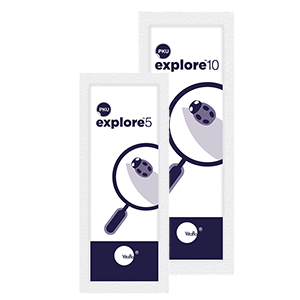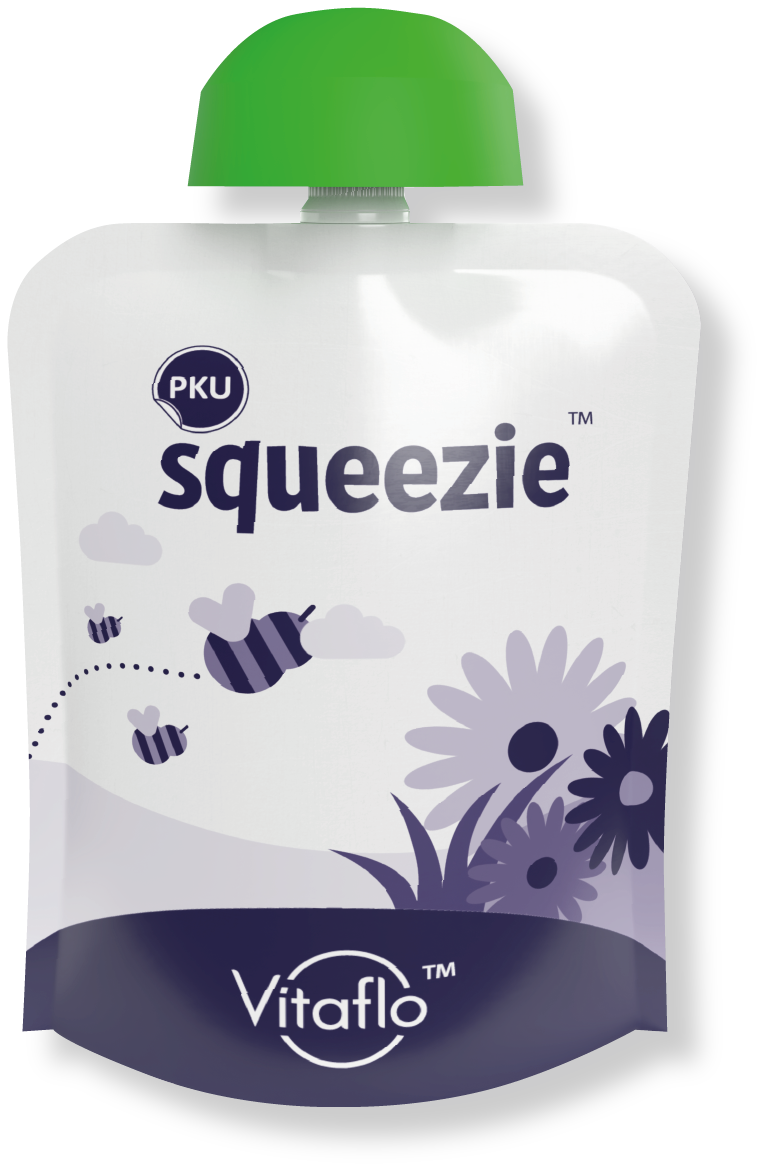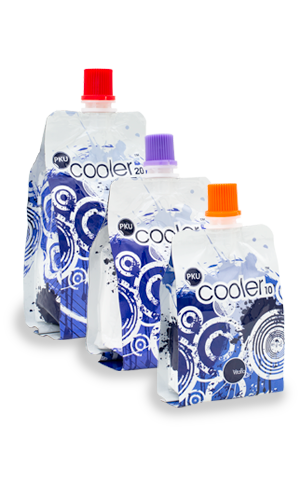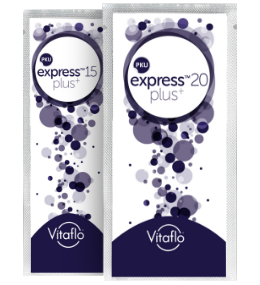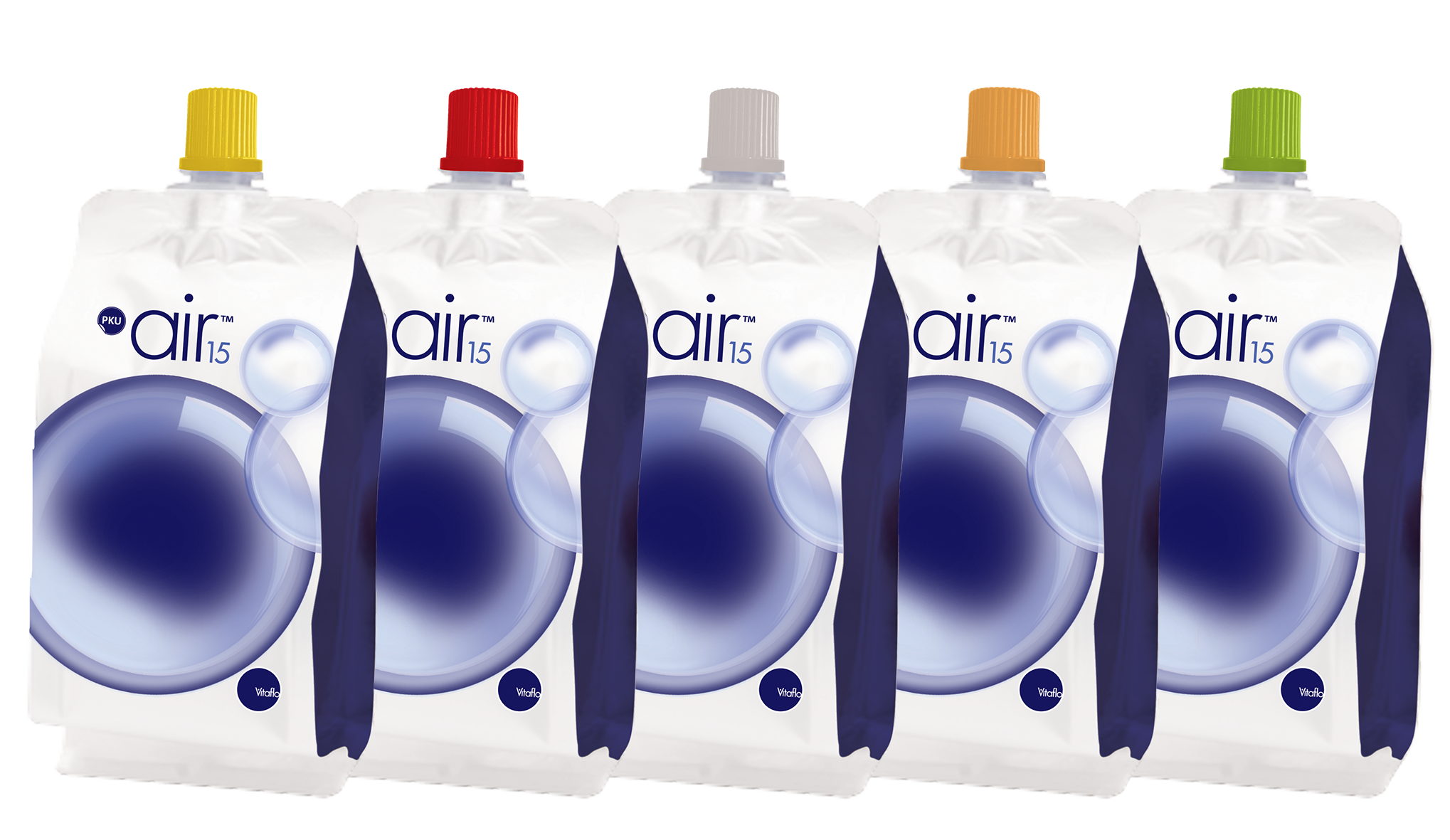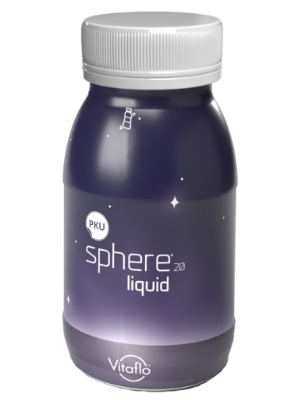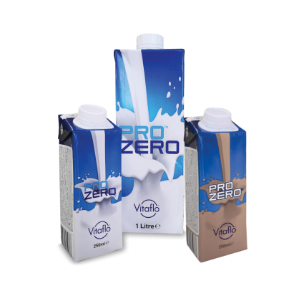Hello everyone, I am James a 22-year-old adult with PKU. Recently I have graduated from Nottingham Trent University where I studied International Business. I have travelled across the globe, visiting Europe, the USA and Africa. I am a sports enthusiast regularly playing rugby union and training in CrossFit, as well as several outdoor activities including hiking and water sports.
Travelling with PKU
Some of you may think, how can a 22-year-old talk about travelling with PKU, surely, he can’t have travelled that much? However, luckily, I have had an array of fantastic opportunities to travel throughout my education and with the Scouts, along with family and personal travel. My travelling has taken me to multiple countries across Europe, over 10 states in the USA, the Caribbean and Morocco twice. I have also attended and volunteered as a camp counsellor at a PKU Summer Camp in Texas, USA, called Camp PHEver.
Personally, I have found that the hardest part of traveling with PKU is managing your protein exchanges because when you’re on holiday it’s common to eat out at restaurants or try local foods at local markets or when you’re hungry walking around. Adding to this, your routine is different and can be affected by time zones. It can be challenging to find low protein foods that you can buy or that you could get on prescription in the UK, especially in a country where people may speak a completely different language. It’s hard enough to explain PKU to people in the UK who speak the same language!
I appreciate whilst you are reading this you may have varying levels of protein exchanges, so I understand it may be harder for some people to manage than others whilst travelling, but I thought I would share some of my experiences and top tips. I am on 12 protein exchanges.
"Personally, I have found that the hardest part of traveling with PKU is managing your protein exchanges because when you’re on holiday it’s common to eat out at restaurants or try local foods at local markets or when you’re hungry walking around."

Differences in travel experiences
Personally, I have found the most accommodating organisation I have ever travelled with is the Scouts. During my time as a scout I have visited multiple sites across the UK as well as France, Jersey, Morocco and I attended the 22nd World Scout Jamboree in Sweden for three weeks which also involved visiting Denmark and the Czech Republic.
I have found that the best way to reduce the possibility of problems when going away with the Scouts, or any other organisation such as schools, was to have a meeting between them, myself and my parents to explain what PKU is, what the diet involves and how the diet can be managed during the trip. I found this was the best way because it allowed me to explain everything, but it also gave them the opportunity to ask any questions they may have about the condition or diet. By beginning discussions, you never know what possibilities can be discovered.
As I found when arranging my trip to the 22nd World Scout Jamboree in Sweden in 2011, it was arranged so that in the shop, where my patrol group collected our food, the organisational team had created a small section purely for me with an array of low protein products and foods; meaning I could stay on diet whilst at the camp. The nutrition company had dealt directly with the camp organisers and supplied some key items.
However, things don’t always go to plan, sometimes there are unforeseen situations you can’t help! For example, in year 6 I went on a school trip to France, my mum came as a helper on the trip and everything was going great until we arrived at the hotel to check-in and then headed down to dinner. Upon arrival we were met by the chef to discuss options for my food and despite the school contacting the hotel in advance, we quickly discovered that they didn’t have any fruit or vegetables to use besides in-season items like spinach or courgette. It was absolutely crazy that they didn’t have carrots or fruit or common items like that, I know. Sensibly we had brought a selection of low protein foods with us in case there were any problems, which we were able to get them to cook, along with an additional stop at the local supermarket.
I have recently travelled independently to the USA and during some of my time I stayed with a family who had no prior knowledge of PKU. Again, education and communication were vital. A trip to a local store and conversations about the basics are a great starting point. If we were heading out or away overnight I ensured that I organised some suitable supplies in advance so that I wouldn’t go hungry.
"A trip to a local store and conversations about the basics are a great starting point."

Travelling Tips
As a result, I have devised some top tips for travelling with PKU;
- Research is vital.
- Be prepared when travelling, good organisation as well as always having an alternative option in mind.
- Be willing to try new foods and look out for restaurants that have a variety of vegetarian and vegan menu options.
- Take some supplies if you can – basics like pasta that you can add to your suitcase or rucksack.
- There’s absolutely no harm in asking, the worst answer you can get is a no!
- If you have any problems or worries about travelling, speak to your dietitian – they’re extremely helpful and knowledgeable and very used to supporting people when travelling.
- Make use of PKU Facebook groups or other social media platforms, especially those based in and around your destination, as they’ll know the best places to eat or which foods to buy.
- Consider the supplement you are taking with you when travelling, I find personally taking powder supplements easier for travelling as they are lighter and take up much less room than liquid ones.

Types of holiday
Self-catering vs all-inclusive vs hotel meals, this is always a dilemma when arranging a holiday. Each type has its own benefits, from being able to buy your own foods suitable for the PKU diet and cooking them yourself in self-catering accommodation to selecting the different foods you want from an all-inclusive resort buffet or off a menu.
Personally, I have experience visiting each type in different locations and I have found that each has its benefits and drawbacks. For example, I enjoy the flexibility of an all-inclusive resort because it means I can try a whole range of foods, often local food too, and there are salads and fruit available as well. However, often all-inclusive resorts are typically more expensive. Eating off a menu can prove more challenging as this is harder to adapt, but I have found that using starters or side dishes as a main meal often works well in these environments.
The type of catering I choose tends to differ depending on the type of holiday I am looking to go on For example, when I am travelling on a budget, I generally choose self-catering and research where the nearest shop or supermarket is because it allows me the flexibility to eat what I want but also to reduce the cost of the holiday. However, when travelling with groups of friends we typically look for hotels that provide breakfast and dinner because we have a greater budget and cooking for large groups in self-catering accommodation isn’t always that easy. But this often means I am more limited with the types of food available so I email ahead to ask if they will cook PKU foods, as long as I provide them.
In regards to traveling with PKU, the most important piece of information I want you to take from this blog is that whilst PKU can make traveling more difficult, you should never allow it to hinder the experience of your holiday, just make adaptations to your experience to accommodate PKU!
"Whilst PKU can make traveling more difficult, you should never allow it to hinder the experience of your holiday, just make adaptations to your experience to accommodate PKU!"




